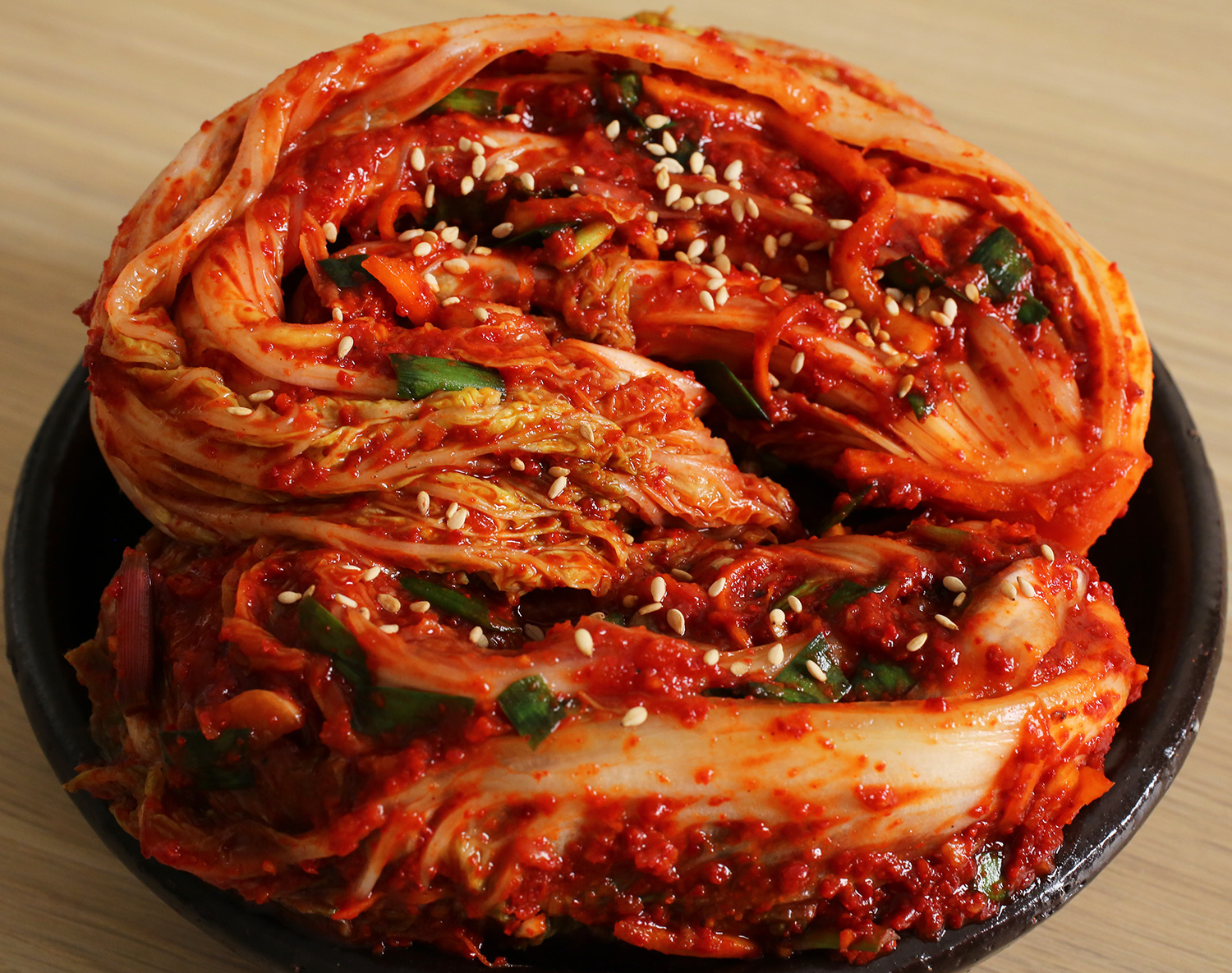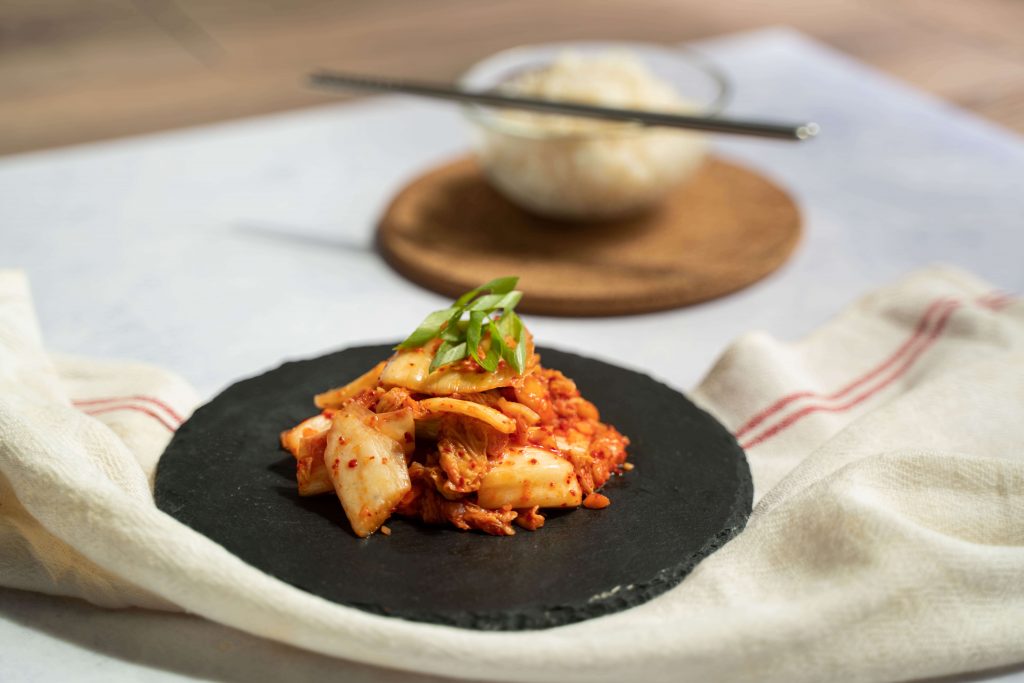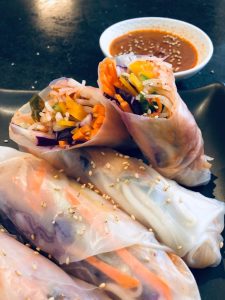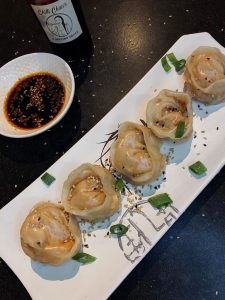
Soju en kimchi: de perfecte match
Soju en Kimchi zijn twee iconische Koreaanse producten die al eeuwenlang samen worden genoten. De


Kimchi is probably a word you’ve heard somewhere but haven’t had the chance to get familiar with it. In that case, you’re at the right place to find out what kimchi is.
Kimchi is a traditional Korean side dish made from predominantly Chinese cabbages and other fresh vegetables. This mixture of fresh vegetables and a special sauce made from gochugaru or Korean pepper flakes go through a process of fermentation. I’ve written a blog about fermentation here so go give it a read.
Fermentation is exactly what gives kimchi its unique and special flavors. To describe the flavors of kimchi requires an understanding of art. But you’d be sure to know that the experience of kimchi is somatic. This means that your body will give you the first signs of your kimchi cravings.
Kimchi is a staple in every Korean table. Whether it’s for breakfast, lunch or dinner, Koreans eat ALOT of kimchi! About 95% of Koreans are said to eat kimchi everyday. Kimchi can be used as not only a side dish but it’s also used in main dishes like soups, stews or condiments for other warm foods.
Kimchi is packed full of probiotics, lactobacilli bacteria that can also be found in yogurt and other dairy products. You may have heard about all the buzz on probiotics but what actually does it do?
Consuming probiotics helps reduce gastrointestinal disorders like irritable bowel syndrome (IBS), and inflammation in the GI tract. Probiotics help maintain your gut flora and prevents leaky gut syndrome (LGS), which affects the lining of the intestines and allows toxins and bacteria to pass through the bloodstream. The high fibre content in kimchi helps prevent LGS.
Choline
Kimchi has high choline content. Choline is a nutrient that has similar properties to B vitamins and helps maintain muscles, keeping the nervous system and in check. Among other things, choline also plays an important part for our cognition and emotional well-being, particularly that of our memory and mood respectively.
Reduces Cholesterol
Kimchi is good for your heart health. Because of its antioxidant and anti-inflammatory properties, kimchi can help reduce the risk of atherosclerosis.
Boosts Immune Response
The bacteria that is responsible for fermenting the kimchi has been shown to be associated with strong immune functions by lowering the risk of inflammation from diseases.
Such a tasty food with such strong health benefits makes kimchi the ultimate superfood. When I say it goes with just about anything, believe me. I’ve heard from people the very many creative ways they eat kimchi. I mean, tell a Korean that you’ve had kimchi with bread and they will scream because kimchi for Koreans is always associated with rice. Believe it or not, I think Koreans will be discovering new flavors with the creativity of your fusion cooking using kimchi. How do you eat your kimchi?

Soju en Kimchi zijn twee iconische Koreaanse producten die al eeuwenlang samen worden genoten. De

Korean Seasoned Fried Chicken (KsFC) Als je Koreaanse gekruide gebakken kip (KFC) nog niet hebt

Kimchi springrolls met Gochujang pindakaas Dipsaus De lente hangt in de lucht, je kunt het

Vegan Kimchi Mandu (Steamed) ft. Chilli Chan’s Dumpling Sauce Vakanties in Korea betekende altijd veel